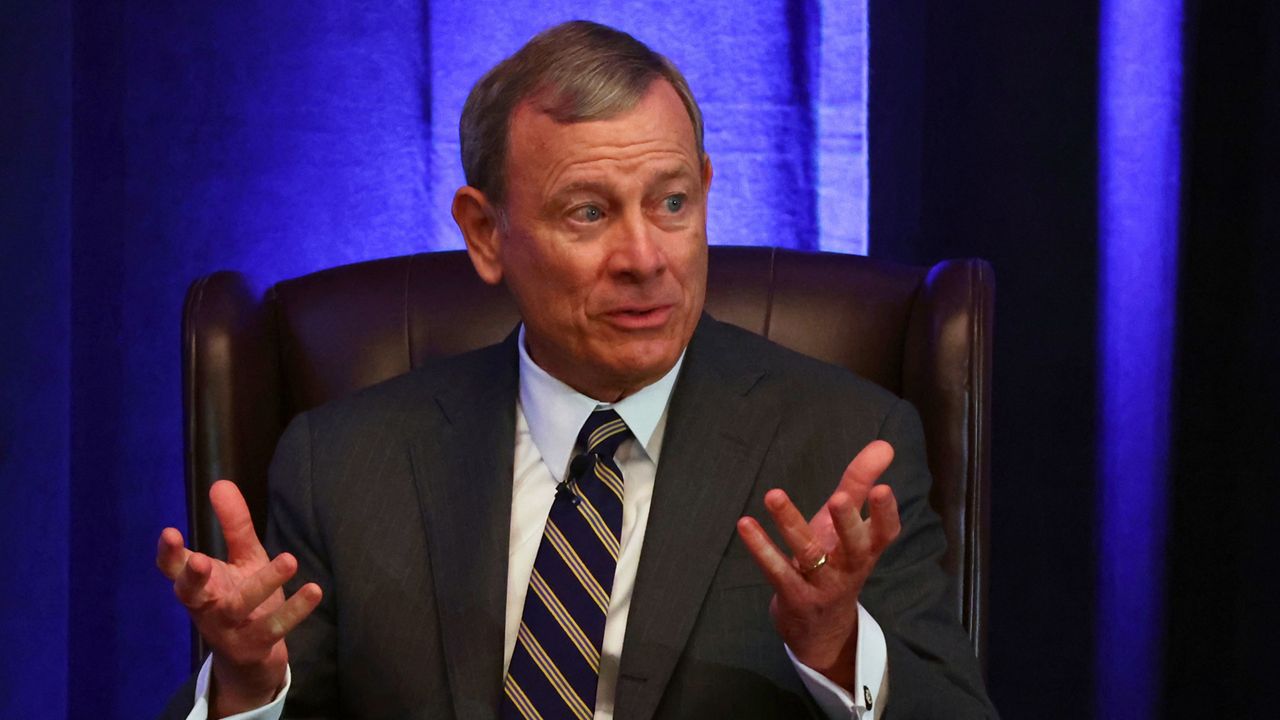BUFFALO, N.Y. -- Legislation currently in front of the New York state Senate and Assembly would prohibit social media platforms from providing children under 18 access to feeds tailored to them by predictive algorithms.
State Attorney General Tish James, who helped write the bill, said the feeds become addictive and can be dangerous to children with mental health issues.
"A significant number of young people, particularly young girls, are suffering from depression, unfortunately engaging in suicidal ideation because of these addictive algorithms," James said.
The attorney general is pushing lawmakers to pass the bill this session, including co-authoring an op-ed that was published last week in USA Today.
"This does not ban any social media. All that this does is allow parents to have some control over social media, two, to ensure that the addictive algorithms are limited to the extent that individuals to go to sleep, go to school and can function," James said.
However, many in the social media industry said the legislation is ill-advised and want to open up the public discourse. Chamber of Progress is a trade organization with partners like Google, Snap and Amazon.
CEO Adam Kovacevich argued the algorithms are often the solution to keep kids safer, not the problem.
"The fact is algorithms are doing the heavy lifting right now of making social media, healthier and better for teenagers in a way that is not fully appreciated by the sponsors of this bill," Kovacevich said.
He said an internal study by Meta found chronological feeds, the state-proposed alternative to algorithms, leads to 20% fewer meaningful social interactions. Kovacevich said companies like Instagram use the technology to tailor feeds to teens by their age and restrict potentially unsafe content.
He said it also gets teens to the appropriate content they want to see.
"That's not to say that it's not creating bad experience for some people but it's also creating very good experiences for most people," Kovacevich said.
Neither house included the legislation in their budget proposal. The CEO said he hopes that will continue as he believes the bill needs a closer look.
"There hasn't been any kind of hearing on this bill. There's been no real public discussion about whether this is the right solution to people's concerns about social media," Kovacevich said.
James said her office reached out to social media companies about her concerns and does not believe they've done enough to address them on their own.










